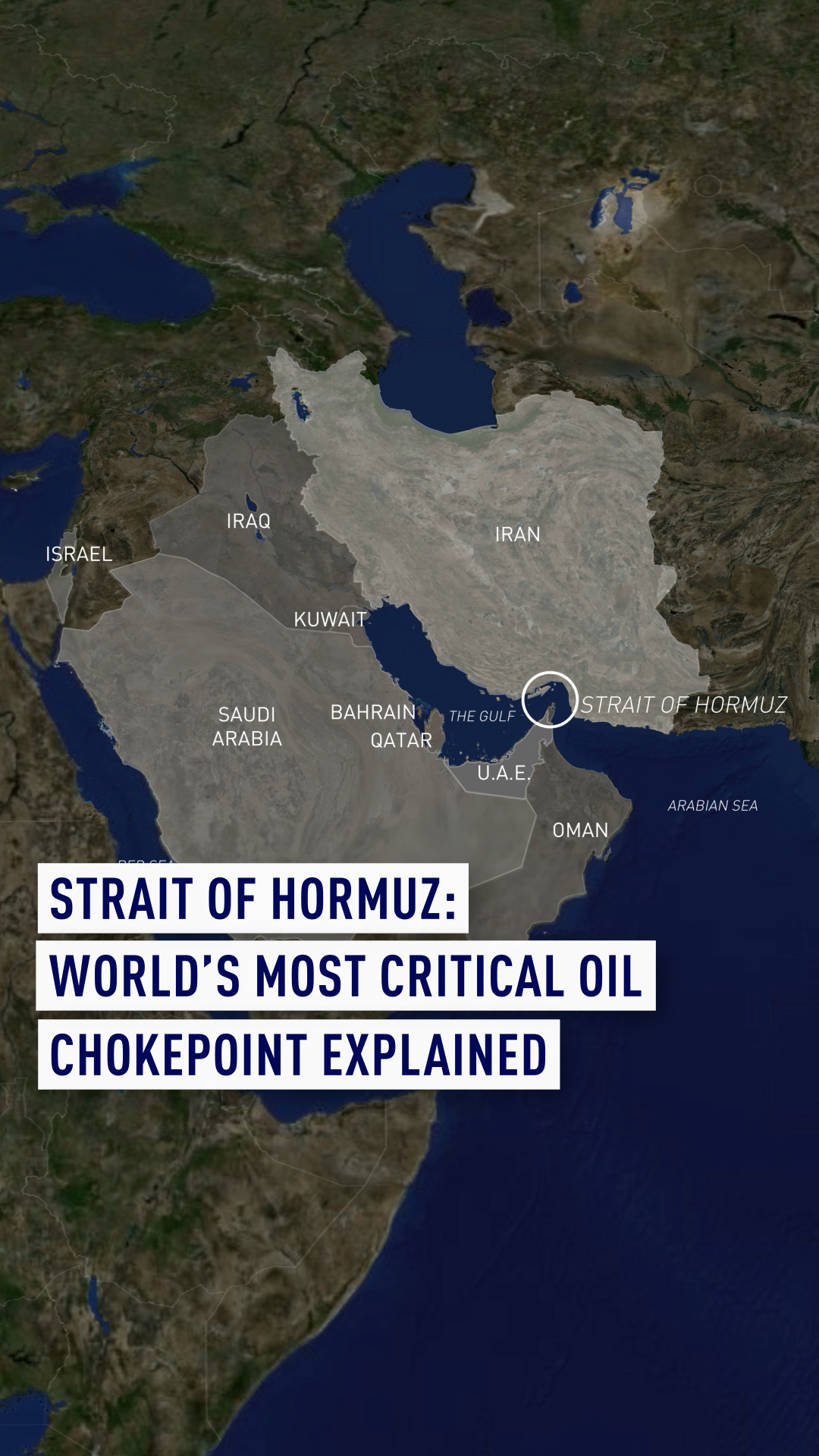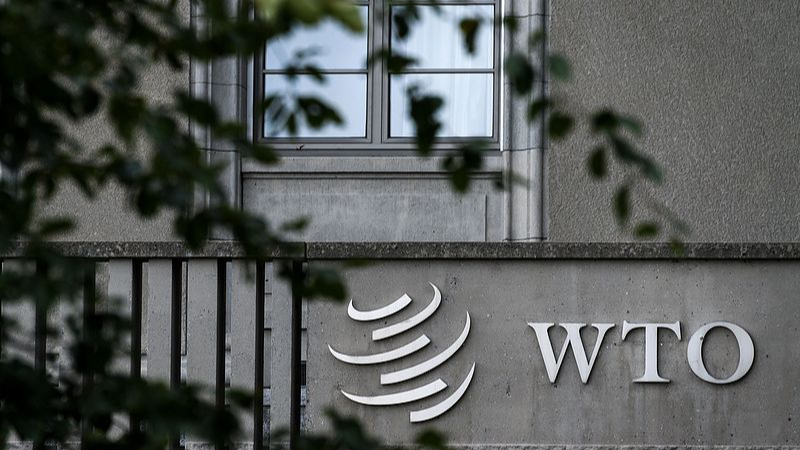Error loading player: No playable sources found
01:56

The Strait of Hormuz is the world's busiest oil shipping channel. Twenty percent of the world's oil and gas flow through it.
A choke point that connects the Gulf to the Arabian Sea, the Strait's narrowest point is only 33 kilometers wide.
Iran's state media has reported that parliament has approved plans to close the Strait in retaliation to U.S. strikes on the country's nuclear sites. The world now awaits Iran's Supreme National Security Council giving its final decision on whether to follow through with this plan.

Oil tankers pass through the Strait of Hormuz in 2018. S/Hamad I Mohammed/Reuters
Oil tankers pass through the Strait of Hormuz in 2018. S/Hamad I Mohammed/Reuters
So what will it mean if this plan goes ahead?
The Strait's closure would probably have a dramatic impact on global markets. The likely resulting increase in the price of crude oil would put huge inflationary pressure on many of the world's biggest economies.
China will be one of those particularly affected. Most of the oil flowing through the Strait of Hormuz goes to Asia, and China heavily relies on Iranian oil exports.
The U.S. has asked China to help prevent Iran closing the Strait. For its part, China is among the countries that have accused the U.S. of violating a UN charter by striking Iran. According to the charter, preventative strikes that are not in response to an imminent threat are illegal.
Chinese foreign ministry says the U.S. strikes have exacerbated tensions in the Middle East.
A spokesperson for the ministry said: "China calls on the parties to the conflict, Israel in particular, to reach a ceasefire as soon as possible, ensure the safety of civilians, and start dialogue and negotiation."
Other Asian countries will also be among the most heavily affected. Sixty percent of India's natural gas and almost half its crude oil pass through the Strait of Hormuz.
A similar proportion of South Korea's crude oil imports and nearly three-quarters of Japan's go through the Strait.
Inflation
If oil and gas imports to these countries are disrupted, manufacturing costs will rise, fueling inflation around the world.
Iran closing the Strait would also have consequences for the countries surrounding the Gulf. The economies of Iraq, Qatar, Saudi Arabia and the UAE all rely heavily on energy exports.
For example, according to analytics firm Vortexa, Saudi Arabia exports around 6 million barrels of crude oil through the Strait per day.
Alternative routes may mitigate some of the impact of Iran closing the Strait. According to an EIA report, Saudi Arabia has activated its 1200km-long East-West pipeline. It could also repurpose its natural gas pipelines to carry crude oil.
The UAE has a pipeline connecting its inland oilfields to the Gulf of Oman, bypassing the Strait.
Iran itself also has a pipeline to move crude oil to the Gulf of Oman, although reports say it is not yet in operation.
However, the International Energy Agency (EIA) estimates that these alternative routes could only collectively handle roughly 15 percent of the crude oil currently being shipped through the strait.

















